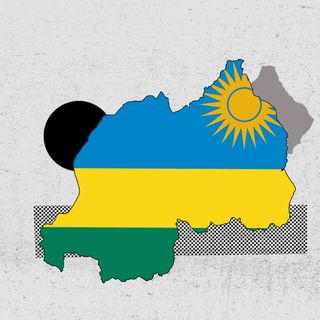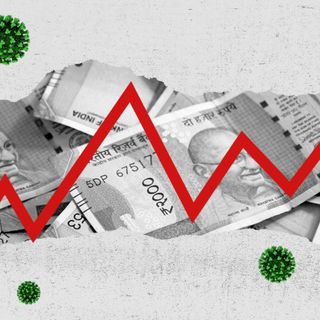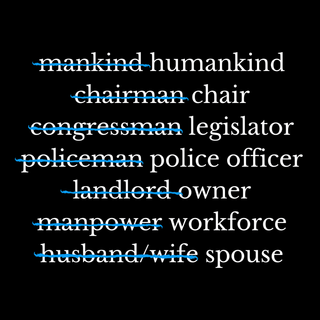India has moved up four positions on the annual rankings of child rights released by The Kidsrights Foundation Tuesday. Among 182 countries, India ranked 113th, while Iceland maintained its position at the top for the second year in a row, followed by Switzerland, Finland, and Sweden.
For the index, countries are judged on five indicators — right to life, right to education, right to health, right to protection, and enabling environment for child rights — using data from the United Nations (UN) and the UN Committee on the Rights of the Child. Indicators include maternal and child mortality rates, percentage of child labor, rates of immunization, expected years of schooling for boys and girls, among many others.
Although countries like India have moved upwards, the report points out that in the face of the pandemic, all the progress that has been made over the past decade could be lost.
Take child marriage for instance. The country’s efforts to reduce its rates was one of the major factors that contributed to its rise in the rankings this year. But as was evident during the Ebola crisis, the current pandemic could also result in more child labor and early marriages for girls. Unfortunately, this is already a reality in some states of India. In Karnataka the government’s helpline to report cases of children in distress, Childline, reported at least 37 calls about child marriages in just two weeks after the lockdown was announced. In Andhra Pradesh, the state’s women development and child welfare department has prevented at least 165 child marriages in the past two months.
Another area that could lead to children suffering is education, according to researchers. Despite making advancement in providing primary education in the past decade, the lockdown could overturn the curve, especially in India, where many students depend on schools for their only nutritious meal in a day. Although some states such as Assam and Delhi have ensured packed meals reach homes of children, and Andhra Pradesh and Haryana are providing dry rations to students amid the lockdown, other states, like Telangana, are yet to take any policy decision on the issue despite having around 20 lakh students eligible for the mid-day meal scheme.
Related on The Swaddle:
Privacy for Kids Isn’t Just a Digital‑Age Problem; It’s a Developmental Need
Researchers fear the suspension of vaccination schemes could read to a rise of potentially fatal diseases such as childhood pneumonias, diphtheria and diarrhoea, among others. In India, during lockdown, many states have halted immunization activities, threatening to reverse the progress made on bringing down its infant mortality rate — a crude indicator of the overall health of a country. Before the pandemic, India was inching closer to the Sustainable Development Goal of bringing down its infant mortality rate.
Across nations, the report’s authors observed two major red flags: lack of government funding around children’s health, education, and protection, and second, discrimination of children.
In 91 of 182 countries, girls still do not have the same rights as boys in terms of inheritance rights, access to education, and equal treatment in legislation. The findings also showed that in many developed nations, such as the UK and Australia, stigmatization and discrimination of certain groups of children, such as those belonging to ethnic minorities or with disabilities, migrant or asylum-seeking, further curtailed child rights.
“Our index shows that even before Covid-19, countries were not allocating sufficient budgets around the protection of child rights. Now we expect the economic consequences of the crisis to turn the clock back 10 years on the progress made around the wellbeing of children, unless governments take swift action,” concluded Kidsrights Foundation’s chairman, Marc Dullaert to The Guardian.




